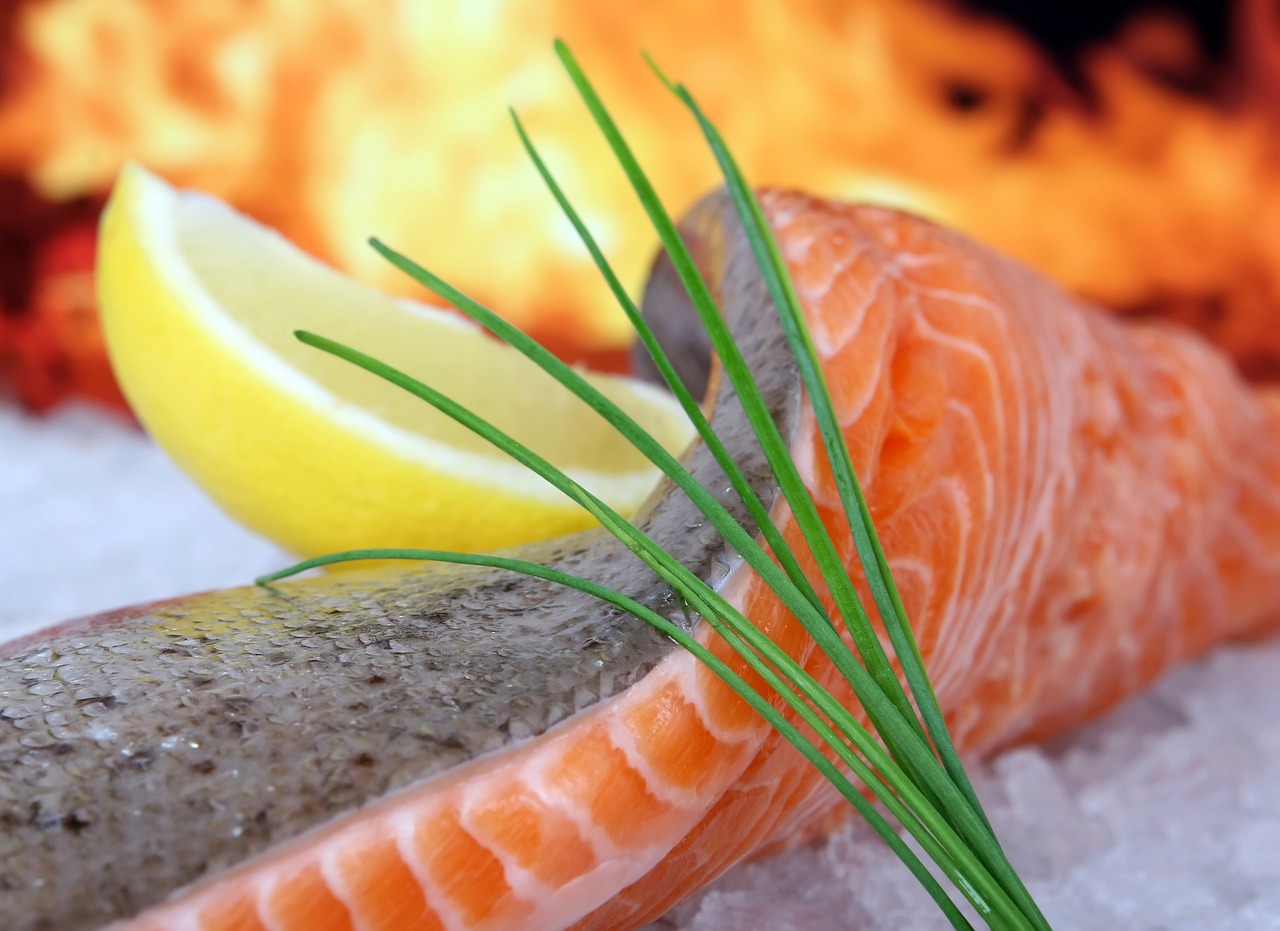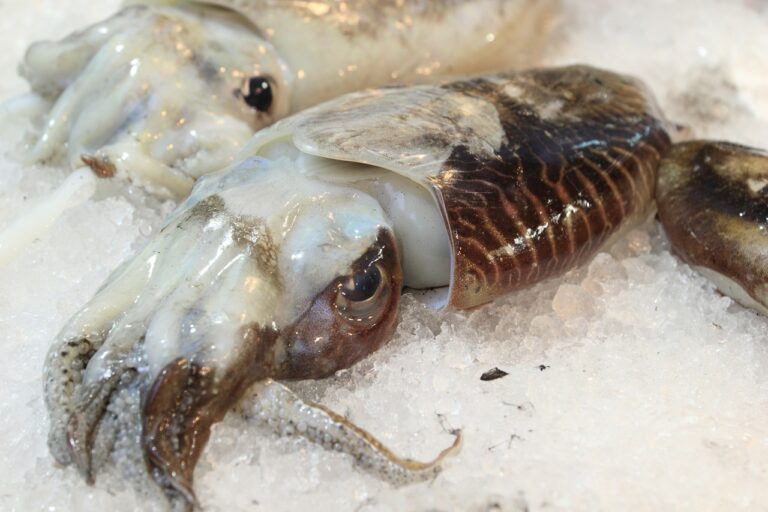Sustainable Seafood: Balancing Taste and Conservation
Sourcing seafood responsibly is crucial for the health of our oceans and the sustainability of marine life. When choosing seafood products, consumers can look for labels such as Marine Stewardship Council (MSC) certification to ensure that the fish was caught using sustainable practices. Additionally, opting for locally sourced seafood can reduce the carbon footprint associated with transportation and help support small-scale fishers in coastal communities.
Moreover, being informed about which fishing methods are less harmful to the environment can guide consumers in making ethical choices. Selecting seafood that is harvested using methods like line fishing or traps instead of trawling can help minimize bycatch and protect vulnerable species. By making conscious decisions when purchasing seafood, individuals can contribute to the preservation of marine ecosystems and promote the long-term health of our oceans.
Impact of Overfishing on Marine Ecosystems
Overfishing, fueled by the increasing demand for seafood, has caused significant disruptions in marine ecosystems around the world. The uncontrolled extraction of fish beyond sustainable levels has led to the depletion of key species, disrupting food chains and altering the balance of marine environments. As a result, many species of fish are now facing extinction, threatening the biodiversity and overall health of our oceans.
In addition to the direct impact on fish populations, overfishing has cascading effects on marine ecosystems. The removal of certain fish species can disrupt the delicate balance within ecosystems, leading to a decline in overall biodiversity and productivity. Furthermore, the depletion of fish stocks can also result in economic hardships for coastal communities that rely on fishing for their livelihoods. This highlights the urgent need for sustainable fishing practices to ensure the long-term health of our oceans and the preservation of marine biodiversity.
What are some effects of overfishing on marine ecosystems?
Overfishing can lead to the depletion of fish populations, disrupt food chains, and harm the overall health of marine ecosystems.
How does overfishing impact other marine species?
Overfishing can lead to a decline in populations of predatory fish, which can in turn disrupt the balance of the ecosystem and harm other species that rely on those fish for food.
What are some ways individuals can help combat overfishing?
One way to help combat overfishing is to source seafood responsibly by choosing sustainably sourced options and avoiding species that are overfished.
Why is it important to address the issue of overfishing?
Addressing overfishing is important because it helps to protect marine biodiversity, maintain healthy ecosystems, and ensure a sustainable seafood supply for future generations.
How can overfishing impact the economy?
Overfishing can lead to economic losses for fishing communities as fish populations decline, making it harder for fishermen to catch and sell fish. This can have a ripple effect on related industries and local economies.







